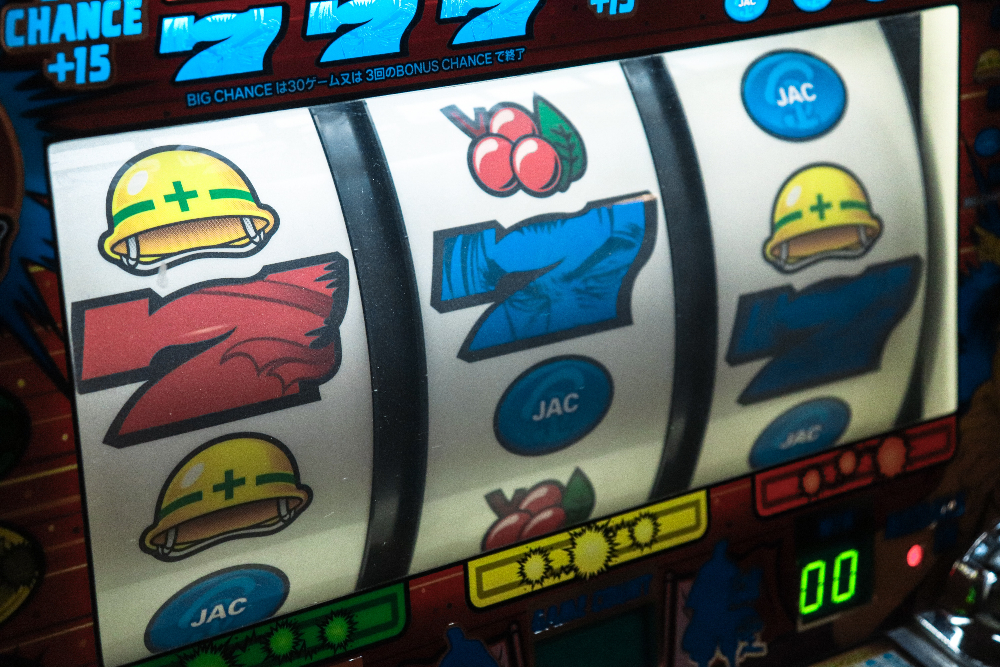
While the United States is experiencing a huge surge in regulated gambling, it’s worth noting that unregulated gambling is still an issue for law enforcement in all 50 states. Earlier this week, a trio of Michigan residents were reminded of the costs of operating without a license when they were sentenced for their roles in an unlicensed casino in Flint called Spin City.
According to an account by the Michigan Gaming Control Board (MCGC), Anthony Sutton, 53, of Wilmington, N.C.; Kara Schilling, 38, of Flint; and Marjorie Brown, 53 of Flint conspired to run the unlicensed operation.
Sutton, the alleged ringleader of the operation, was the only member of the trio who was charged with a felony, and plead guilty to a gambling operations felony charge. His punishment included the forfeiture of 67 computers and more than $12,000 in cash – along with a year of probation and 100 hours of community service.
Schilling and Sutton both plead guilty to misdemeanor charges of misdemeanor of maintaining a gambling house for gain, were put on probation, and assigned community service.
Unlicensed gaming rooms like Spin City are relatively common in big cities throughout the United States and use various workarounds to masquerade as something more akin to an arcade offering prizes than an actual casino. That ruse only holds until local authorities decide they’ve had enough of unlicensed operators targeting low-income residents, as was the case in Flint.
Henry Williams, MGCB executive director commented on the case saying and the impact of illegal gambling saying, “The Michigan Gaming Control Board appreciates the support from the Attorney General’s office and police agencies across Michigan in helping to eliminate illegal gambling locations, which target low-income neighborhoods, lack player protections and can lead to other more serious crimes. These types of illegal gambling locations also deprive K-12 schools of tax funding, which the state charges on legal, regulated gambling.”